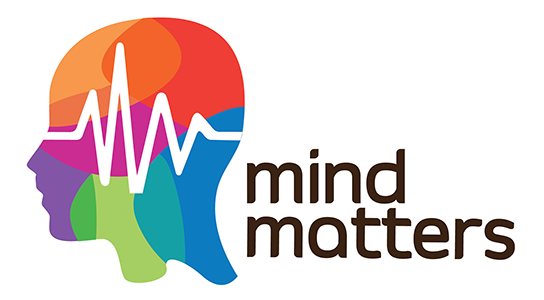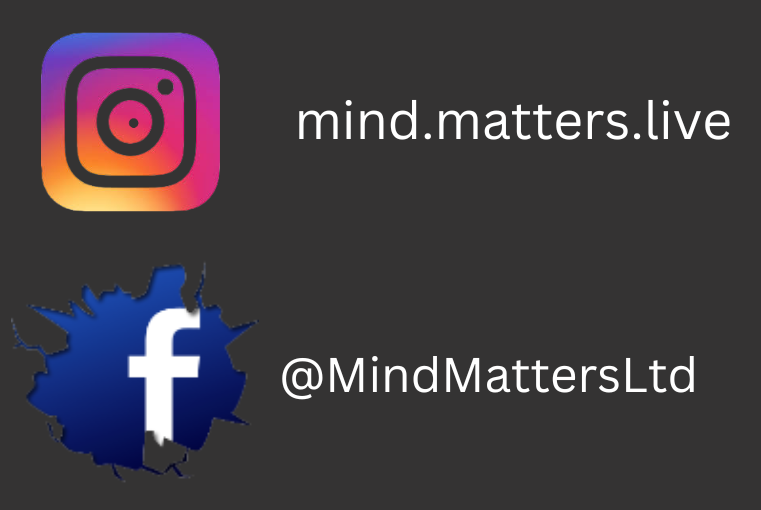Each wellness workshop is developed with a combination of topic-specific theory and experiential learning – learning through experiencing. Therapeutic approaches such as Positive Psychology, Cognitive-Behavioural Therapy (CBT) and the person-centred approach (PCA) underpin the workshop content and interactive exercises. These “Practice Doing” exercises ensure long-term retention of knowledge learnt.
A brief overview on a recent stress-management workshop from workshop facilitator and psychotherapist Daniela Nicol
WORKSHOP SUMMARIES
Improving Wellbeing with Self-Care
Participants get to explore their own inner resources to tap into and build emotional resilience through consistent self-care and stress reduction. This workshop looks at
- different types of emotional stresses we could be under
- recognising stress symptoms triggered by powerful stress hormones
- emotional and physical self-care routine
- enhancing wellbeing by reducing stress levels
- practise a Mindfulness relaxation exercise
Increasing Emotional Intelligence
Having Emotional Intelligence (EI) means we can recognise and manage emotions in ourselves. We are also able to interpret accurately the emotions of others, so it plays a significant role in establishing good-quality relationships both at work and in our private lives.
This workshop focuses on how to improve each EI component of self-awareness, self-regulation, motivation, empathy, and social skills by enhancing our mental health.
Understanding Mental Health
Participants learn the fundamentals about mental health: what constitutes good and bad mental health, why does bad mental health develop, mental health disorders and how a lay person best communicates with a person in distress. This workshop is particularly useful for those in frequent contact with distressed people such as staff at NGOs, school teachers, and social workers. It is also useful for those dealing with family and friends with poor mental health.
Assertive Communication
Communicating assertively, we ask for what we want in a calm and respectful manner whilst remaining open for compromise. This open dialogue allows all parties involved to voice their needs and is highly effective in finding satisfactory solutions for all parties involved.
The workshop includes opportunities for participants to role play and practise their assertive communication skills through a range of real-life scenarios.
Team Building with Open Communication – Giving & Receiving Feedback
Team performance will undoubtedly be affected if team members are not working well together. If team dynamics are dysfunctional this will have a direct impact on team performance. These differences can be resolved through open communication, which has at its basis the ability to give and receive feedback.
Participants role-play giving and receiving feedback, both negative and positive, through real-life scenarios. Remaining open for meaningful and constructive dialogue contributes to our personal growth, leading to higher-quality relationships in all areas of our lives.
Organisations and companies we’ve delivered our workshops to
- Institute of Directors Ghana
- Young Presidents Organisation (YPO)
- Osu Children Library Fund, adult literacy programmes
- Start from Ghana Foundation, early childhood education programmes
- Department of Social Welfare, Ghana
- Ghana Association of Social Workers (GASOW)
- GIZ Ghana, German Corporation for International Cooperation
- German International School Accra
- Buckinghamshire Adult Learning, adult literacy organisation
- Carers Bucks, youth carer support organisation
- Now Available Africa, advertising agency



